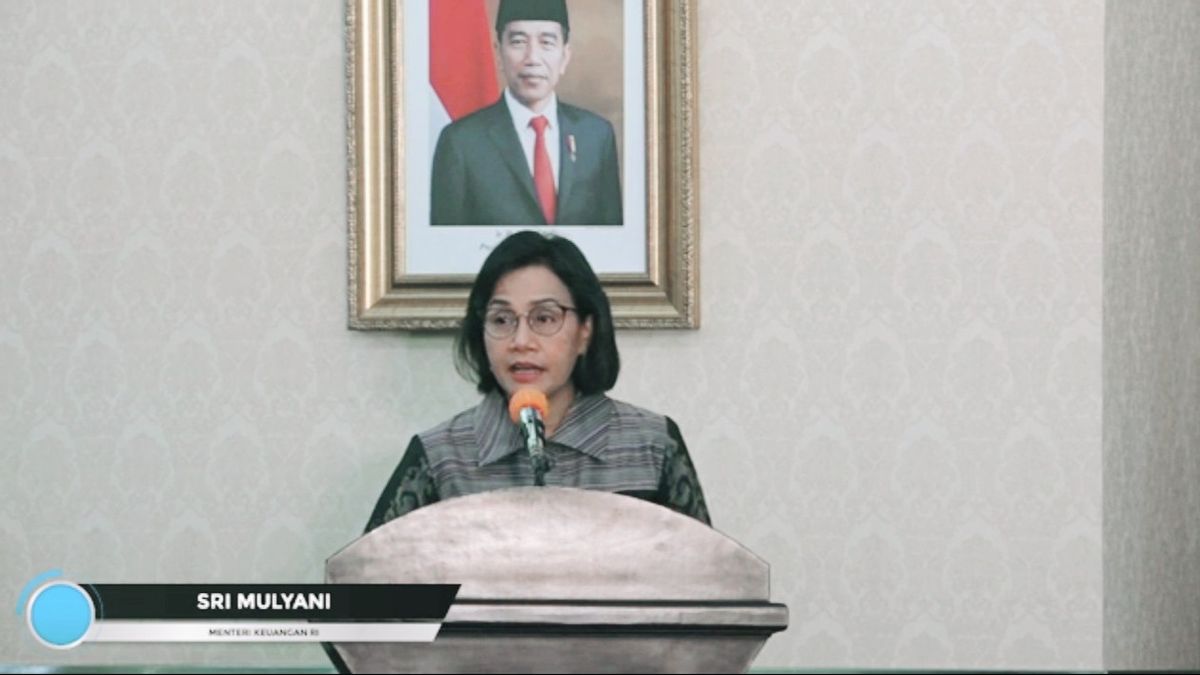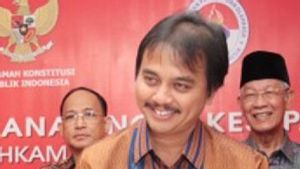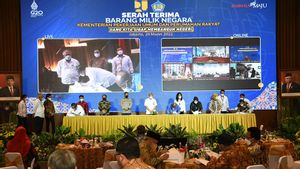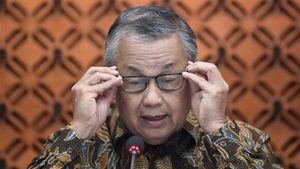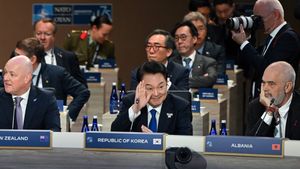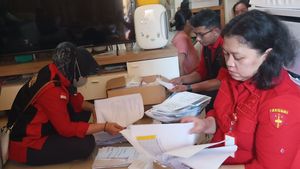JAKARTA - Minister of Finance (Menkeu) Sri Mulyani revealed that efforts to tackle climate change issues that are being intensified by many countries, including Indonesia, are very likely to be infiltrated by interests that contain elements of crime.
According to her, the carbon trading plan to achieve the net-zero emission target has the potential to become an arena for money laundering. The reason is that a large amount of money from strong investors is believed to be spinning in this sector.
"The carbon tax can be used as a vehicle for money laundering and illegal financing trafficking," she said through a virtual channel in a discussion forum organized by Financial Transaction Reports and Analysis Center (PPATK), Thursday, March 31.
The Minister of Finance explained that the issue of climate change is one of the main focuses of the world today where development efforts that produce carbon emissions must be accompanied by measures to conserve nature.
"It is very important to be able to realize a green economy with integrity through efforts to disrupt money laundering on carbon taxes because it is clear that the dangers of climate change threaten all countries, both from an economic and social perspective," she said.
For information, the carbon tax is a fiscal expansion step in imposing certain levies on businesses that are considered to have the most contribution in producing carbon. The Republic of Indonesia (RI) itself is in the early stages of planning the imposition of a carbon tax on Electric steam power plant (PLTU) business actors.
Later, the entrepreneur must pay a number of tariffs to the government which are calculated based on the emissions released into nature.
On a broader scale, carbon taxes are then transformed into carbon trading. Through this scheme, the determination of levies does not only occur within the country but across countries.
VOIR éGALEMENT:
Broadly speaking, countries or international giant corporations must meet the net zero-emission requirements for their production activities. The point is that every company's production process will produce carbon emissions.
These carbon emissions must be compensated with environmental conservation efforts so that the amount of emissions released is the same as the carbon sequestration step through nature conservation (net zero).
If the company or country does not have sufficient forest or resources to absorb carbon, then it must purchase some kind of certificate or license from a country that has a large amount of forest.
Indonesia is one of the countries that has the opportunity to take advantage of the international carbon trading scheme because it has abundant natural resources. For this reason, more comprehensive and integrated financial supervision is needed from all parties to prevent money laundering in this sector.
In a VOI note, the government through the Coordinating Minister for the Economy Airlangga Hartarto had said that Indonesia had a potential revenue of USD 565.9 billion or approximately IDR 8.000 trillion from carbon trading in the forestry, mangrove, and peat sectors.
"Therefore, efforts to deal with climate change are carried out by all parties and all countries. The government will continue to encourage education and understanding to develop various policies in transforming the Indonesian economy towards a green economy," closed the Minister of Finance Sri Mulyani.
The English, Chinese, Japanese, Arabic, and French versions are automatically generated by the AI. So there may still be inaccuracies in translating, please always see Indonesian as our main language. (system supported by DigitalSiber.id)
